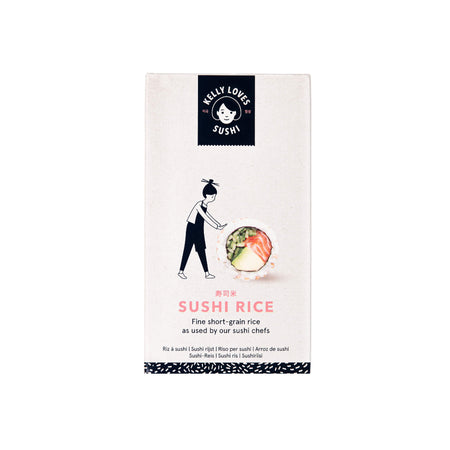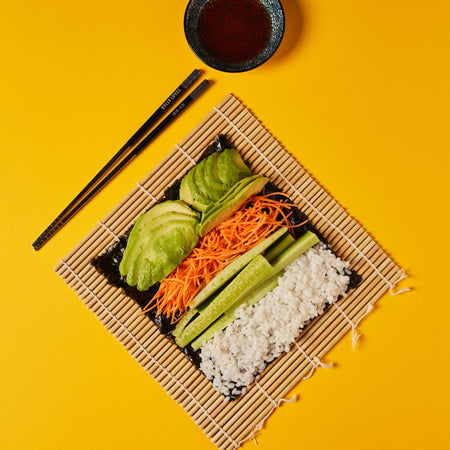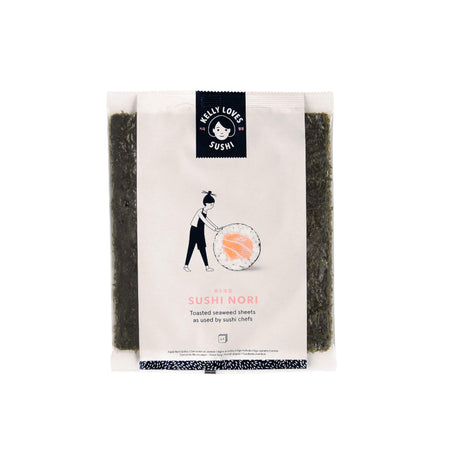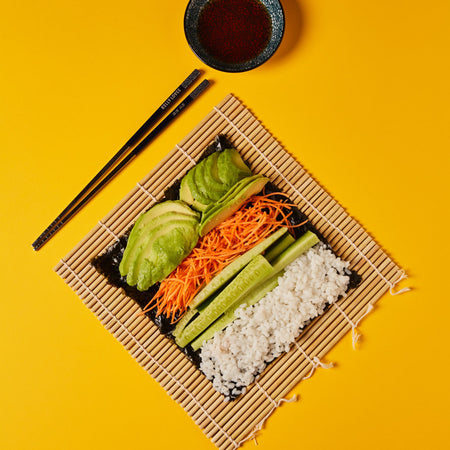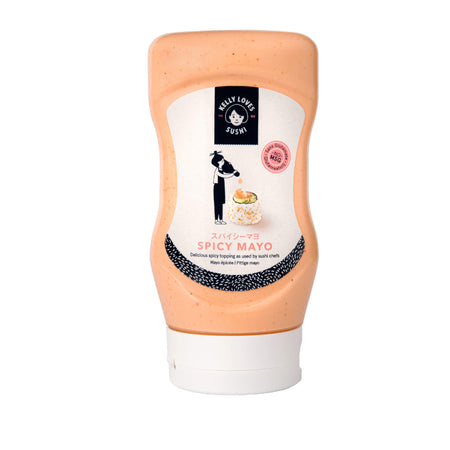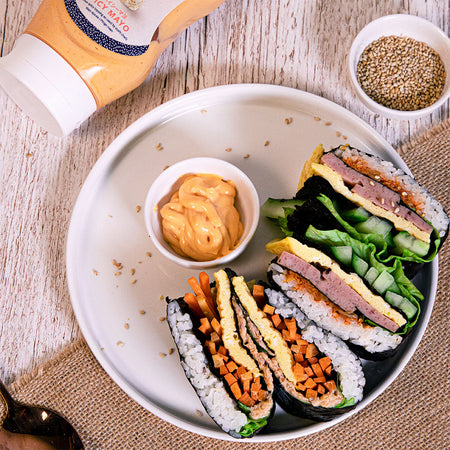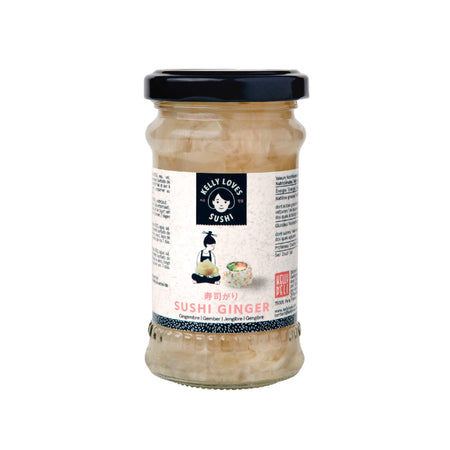Sauerkraut vs. kimchi: What's the difference?
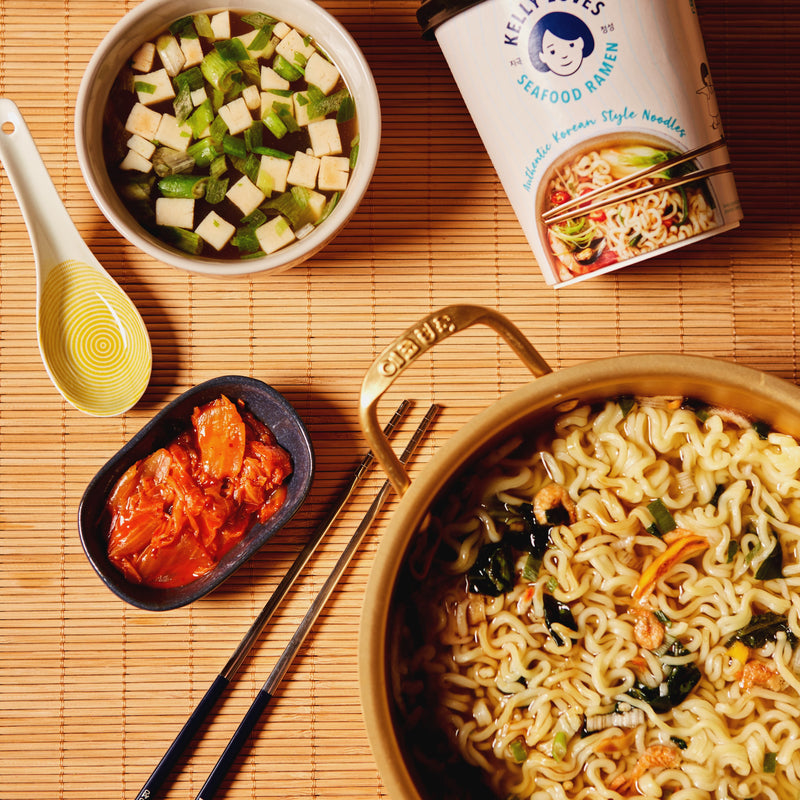
Cabbage isn’t often considered to be the most exciting food (boiled cabbage, anyone?) But during the fermentation process, something quite magical happens: the humble cabbage transforms into a mouth-watering, nutritious, probiotic-rich superfood. We think it’s pretty awesome to have food which is as tasty as it is good for you. When it comes to fermented cabbage there are a number of examples globally, but kimchi and sauerkraut stand out as favourites. We explain their differences and health benefits.
What is kimchi?
Kimchi is a bright and colourful Korean dish consisting of fermented vegetables (the most popular being napa cabbage) and is usually seasoned with chilli and garlic. It has a very distinctive and complex flavour: umami, tangy, sour and spicy. Kimchi is endlessly versatile and can be eaten on its own, used as a condiment (it’s delicious with sushi!) or used in cooking dishes like the famous kimchi ramen. Kimchi originated over 3,000 years ago and was made in order to preserve vegetables before the harsh winter months when many Koreans died of starvation. Way back then, the vegetables were salted and placed in large earthenware pots and buried underground. Today, Kelly Loves kimchi comes in handy little kimchi sachets. And it’s not only enjoyed all over the world, but it is a great source of daily probiotics and antioxidants which boost your immune system and help prevent chronic diseases. This wonderful dish is also said to help with managing a healthy weight.
What is sauerkraut?
Sauerkraut is a type of fermented cabbage thought to have originated in China more than 2,000 years ago. The fermentation process means that sauerkraut is a whole lot more nutritious than fresh cabbage. Sauerkraut is especially popular in Germany and central Europe. Sauerkraut has been popular in Germany since the 1600s. In fact, the name ‘sauerkraut’ means ‘sour cabbage’ in German. Eating sauerkraut has numerous health benefits including improving your digestion and immune system. This fermented cabbage has a simple flavour: salty and sour. So it naturally lends itself to recipes which call for something salty and can be used like a pickle. It really can be added to pretty much anything: salads, pasta, soups, tacos, sandwiches, hot dogs…
Difference between kimchi and sauerkraut
Taste
Kimchi is a taste sensation. Kimchi’s colourful array of vegetables, spices and seasoning creates a harmony of different flavours. Napa cabbage is the most popular ingredient but spring onions will usually be added too as with other veggies like radishes and carrots. Kimchi tastes distinctly umami with a combination of fizzy, sour, tangy and spicy. But kimchi can also have some sweet or salty notes, depending on the ingredients.
Like kimchi, raw sauerkraut tastes slightly sour and salty due to the fermentation process, but this is where the similarity ends. The ingredients are simple, usually just cabbage and salt, so the taste is milder and more subtle. Sometimes a few gentle spices are added, but these provide sweet or spicy notes in the background, they don’t dominate.
Origins
Kimchi originated in Korea and it’s a very special dish: it means a lot to Koreans and is synonymous with Korean culture. Originally, the cabbages were fermented with lactic acid bacteria in large clay jars to prevent starvation in winter. The annual Korean ritual of making it, Kimjang, is listed by the UN cultural organisation Unesco as an Intangible Cultural Heritage.
The name 'sauerkraut' is of German origin, but the sauerkraut itself actually originated in China, where the Chinese fermented cabbages in rice wine over 2000 years ago. It’s certainly steeped in history — but sauerkraut isn’t as old as kimchi.
Seasoning
You’ll see a variety of seasonings used in kimchi: garlic, gochujang (red chilli paste) and gochugaru (red chilli powder) ginger and sugar.
Sauerkraut is a simple dish in comparison: cabbage seasoned with salt. In Germany in particular, things like juniper berries, dill, fennel, caraway seeds or peppercorn are added for some gentle seasoning.
Vegetables used
Kimchi uses a vast array of vegetables; you can use any vegetables that you have to hand. These include: napa cabbage, spring onions, carrots, pears, bok choy, beetroot, cucumber and cauliflower… even Brussels sprouts! Whereas sauerkraut is simply salted cabbage. Some countries, like Poland, usually add some shredded carrots. And one version adds beetroot which makes it a wonderfully vibrant colour. But sauerkraut recipes don’t vary very much — unlike kimchi where there are 100s of variations!
Baechu kimchi is the most famous kimchi and has a cabbage base, but uses napa cabbage (it looks like leafy lettuce), whereas sauerkraut uses the common, green, tightly wrapped, ball-shaped cabbages with thicker leaves such as brunswick, Danish ballhead, premium late Dutch and quintal d’alsace cabbage. However, in the UK, savoy cabbages are typically seen in supermarkets and you can use these to make homemade kimchi if you don’t have napa cabbage. Green cabbage kimchi is called yangbaechu kimchi. ‘Yangbaechu’ means ‘Western cabbage’ in Korean.
Health benefits of kimchi
Full of live probiotics
Billions of probiotics multiply in the kimchi as the lactobacillus bacteria cultures release lactic acid during fermentation. Probiotics help restore the balance of good bacteria in your gut (including your stomach and intestines) which can boost your immune system, keep your heart healthy — and more. An absence of good bacteria can include digestive issues, obesity, mental health problems and allergies amongst other health problems. To get the full benefits of probiotics from kimchi you have to eat it regularly (ideally daily).
Strengthens the immune system
Early research has discovered that the probiotics in kimchi have been found to boost the immune system. These probiotics have also been found to reduce inflammation triggered by illness. But on top of this, the vitamin C and iron in kimchi will also strengthen your immune system.
Rich in nutrients
Kimchi varies with the vegetables, but whatever vegetables you choose, there will be plenty of nutrients. Kimchi is a health hero, high in nutrients and low in calories. Check out these nutrients that will be included in your delicious bites of kimchi: vitamin B6, vitamin C, vitamin K, folate, iron, niacin and riboflavin. Fermentation has been said to increase the nutrients in kimchi, as the bacteria synthesise vitamins and minerals during the process while also stopping any anti-nutrients (compounds that reduce the body's ability to absorb essential nutrients).
Health benefits of sauerkraut
Improves digestion
Raw, unpasteurized sauerkraut also contains billions of live probiotics that help restore the natural gut flora. These probiotics help strengthen the immune system and can also help with digestive problems. There are more probiotics in sauerkraut than a probiotic yoghurt, but more probiotics in kimchi than sauerkraut. And both kimchi and sauerkraut have way more probiotics than in any probiotic capsule!
Boosts the immune system
The probiotics in sauerkraut support your immune system and prevent any gut-related problems and illnesses. Sauerkraut also contains plenty of vitamin C and iron, which supports a healthy immune system.
Full of nutritional goodness
Sauerkraut is another low-calorie superfood! Nutrients include: vitamin C, vitamin K1, iron, vitamin B6, folate, copper and potassium.
You could say that kimchi is sauerkraut dialled up! It offers more kick for your taste buds. Plus there are 100s of different varieties with a vast array of healthy vegetables in every colour. Even without the varieties, kimchi has more basic ingredients than sauerkraut, so this naturally increases its nutritional content and health benefits. And if you like the flavour of your food to be strong, kimchi is your best friend!
